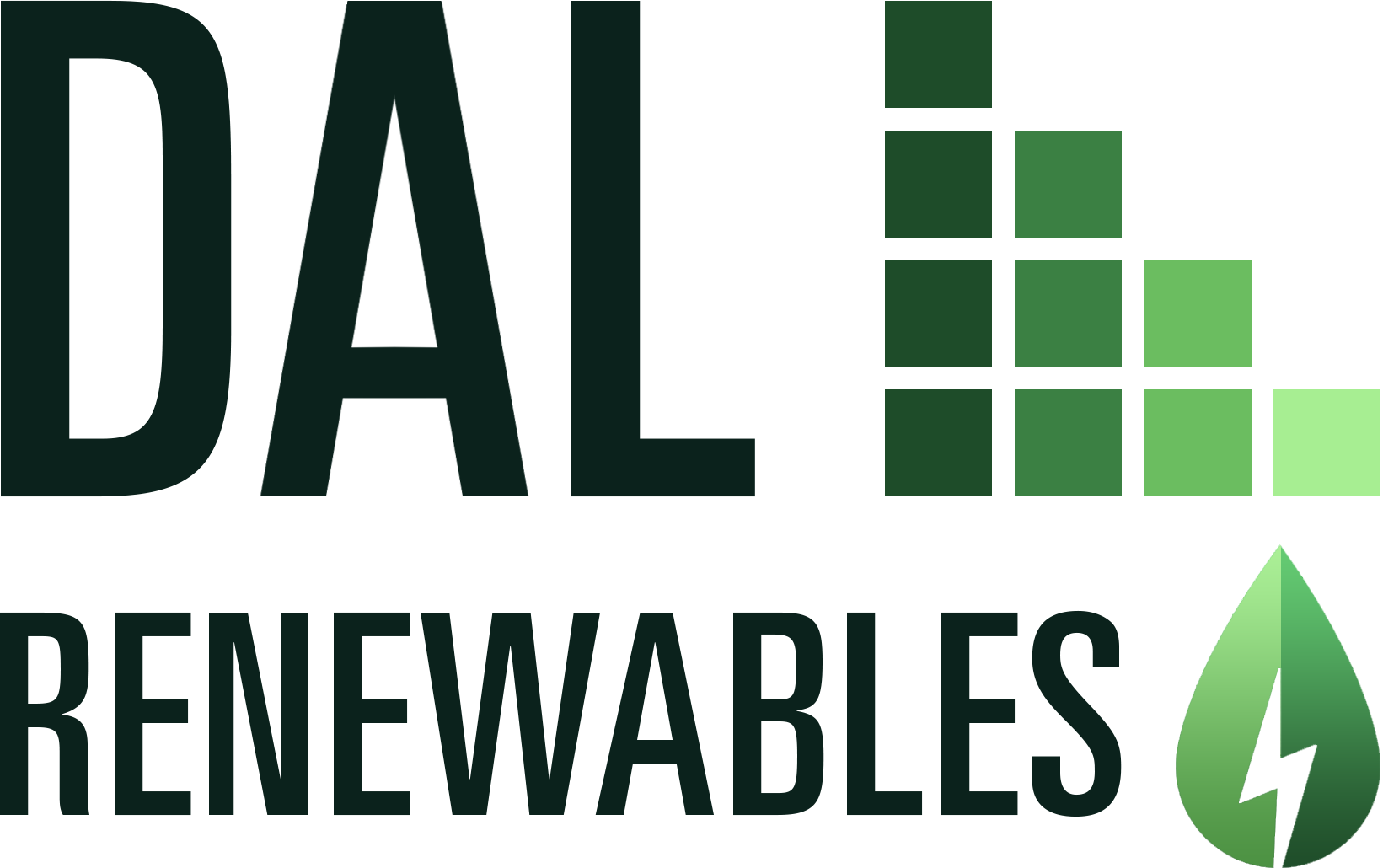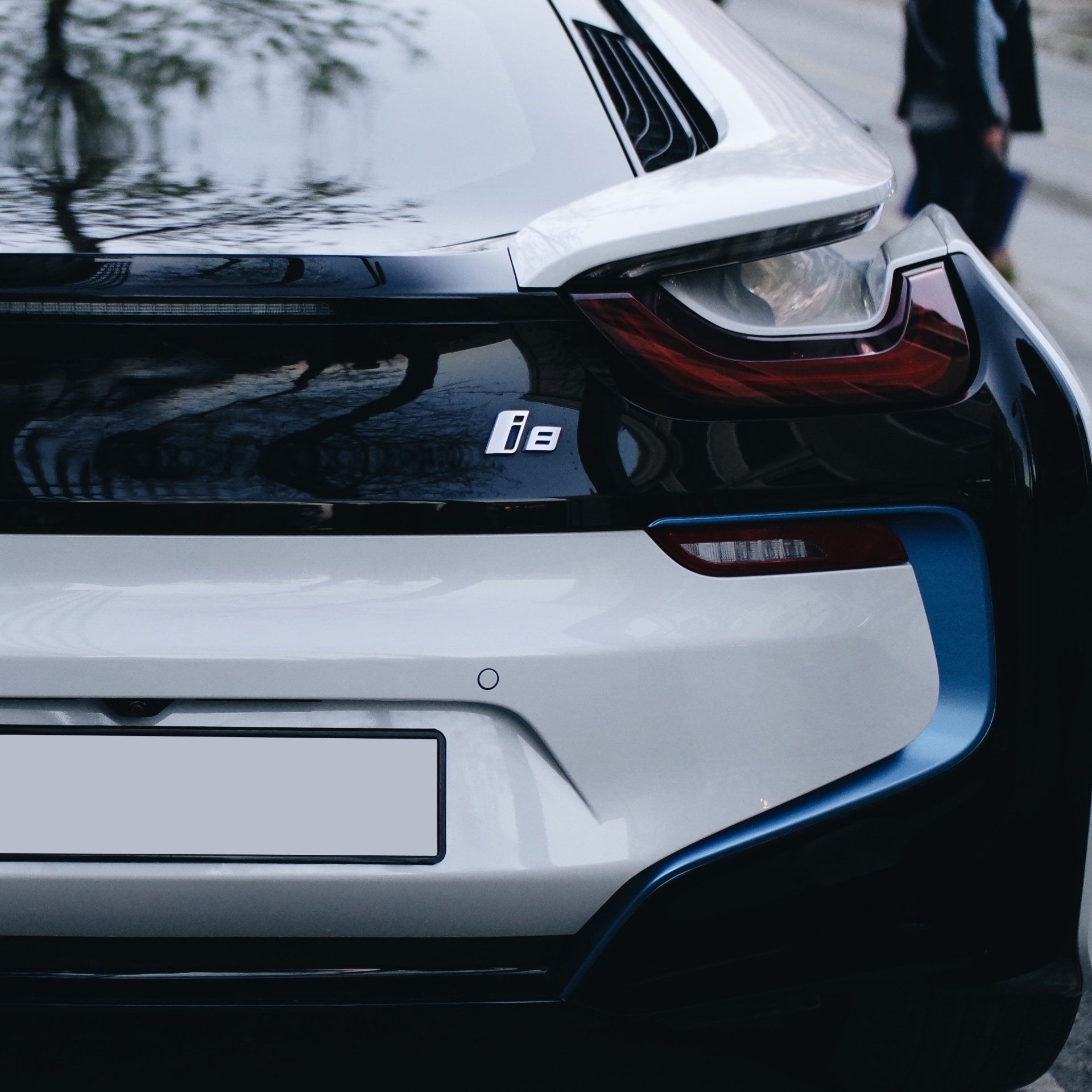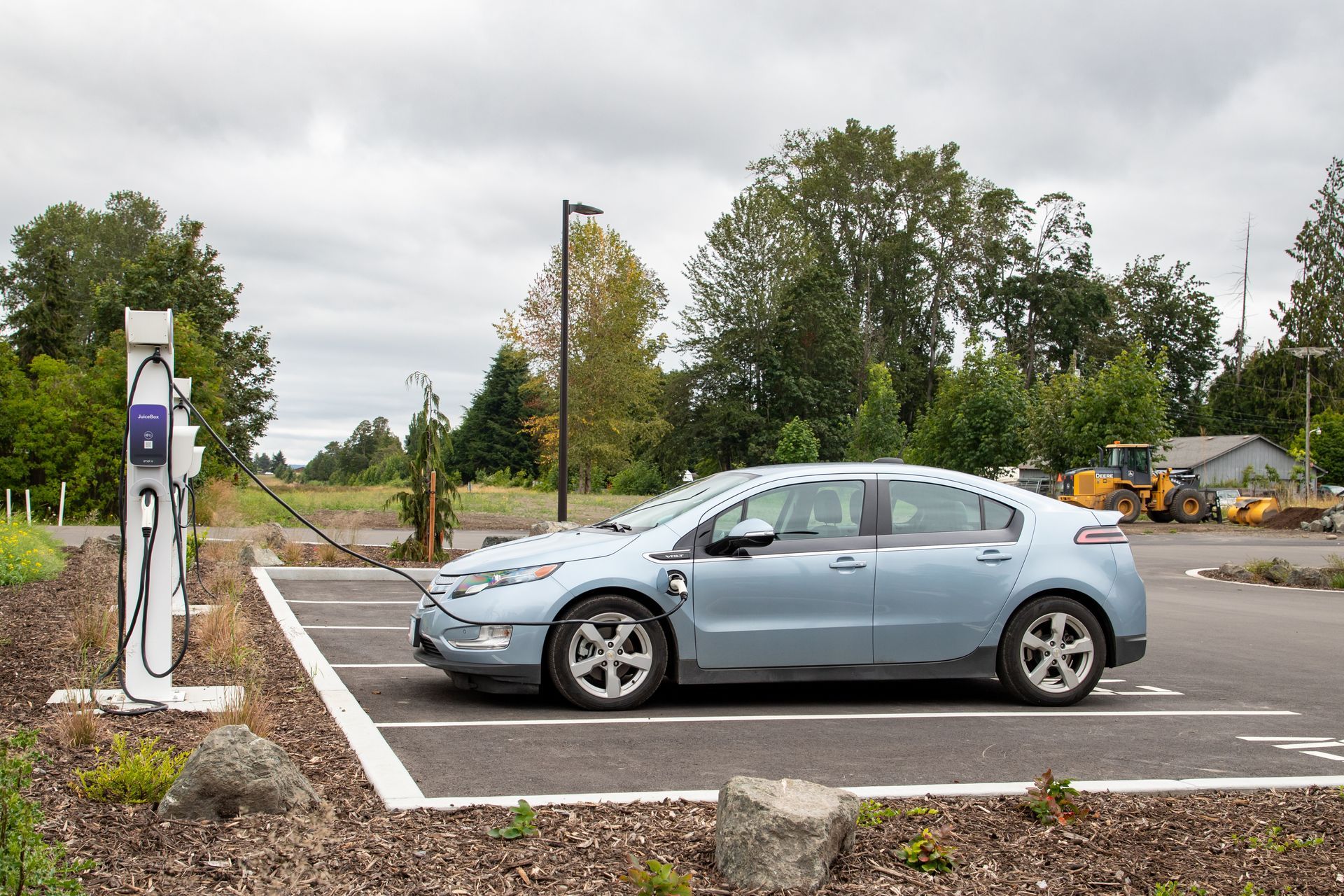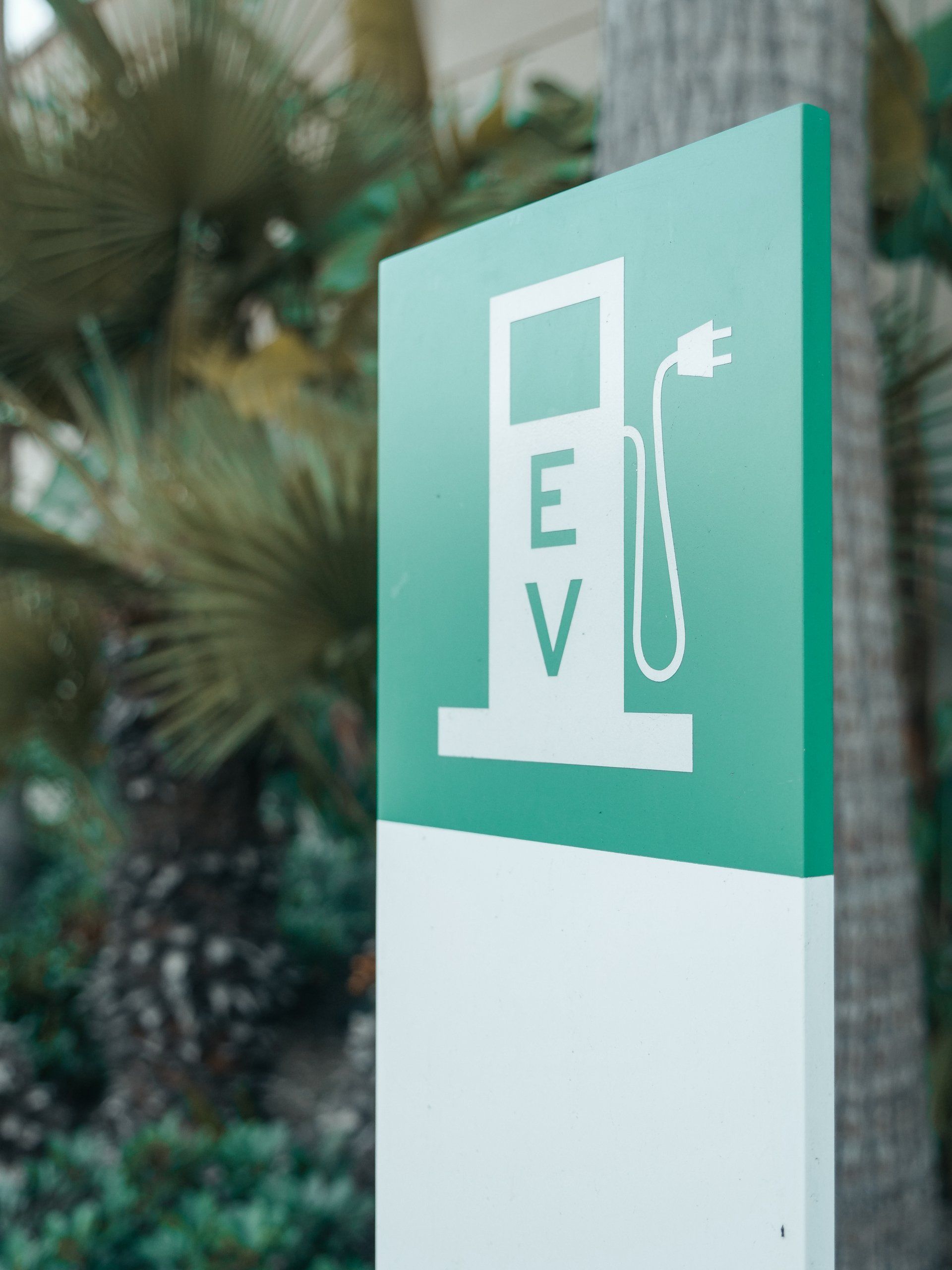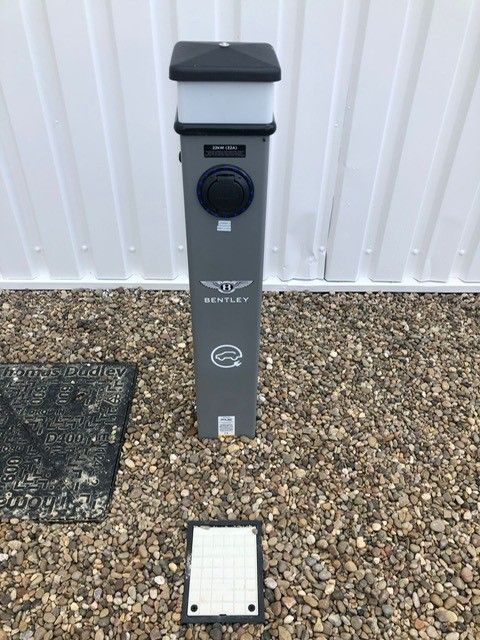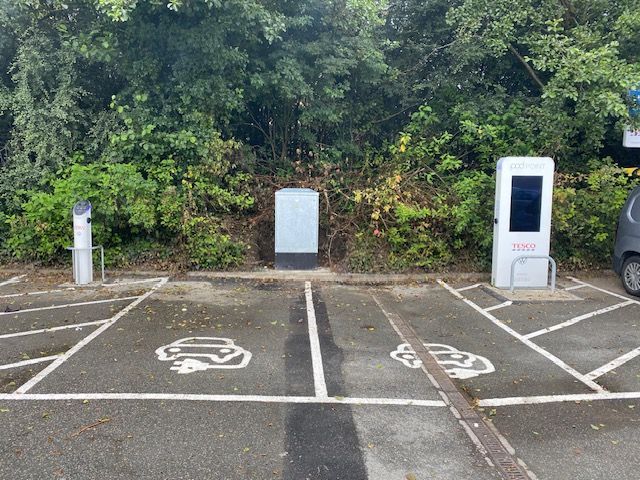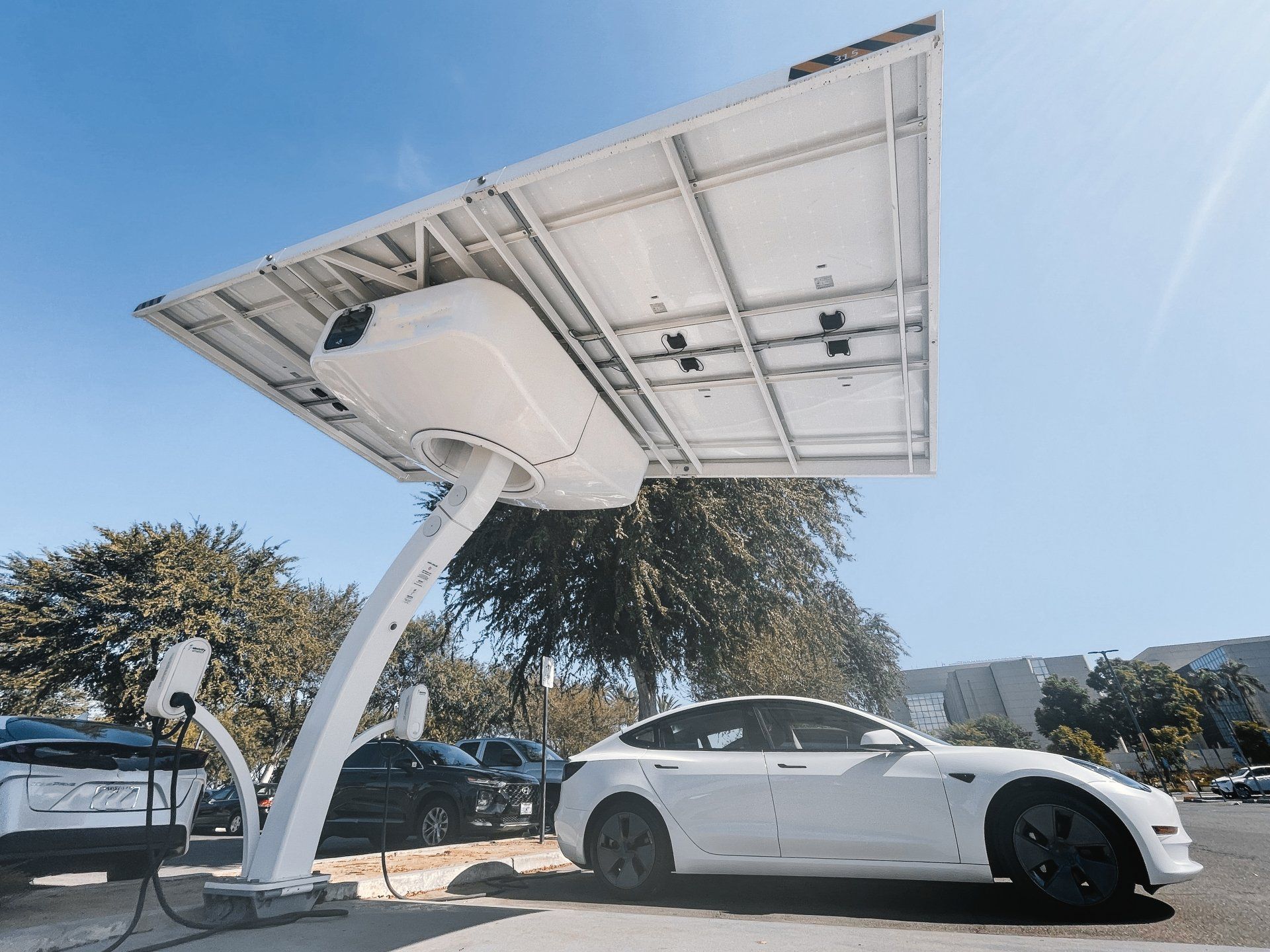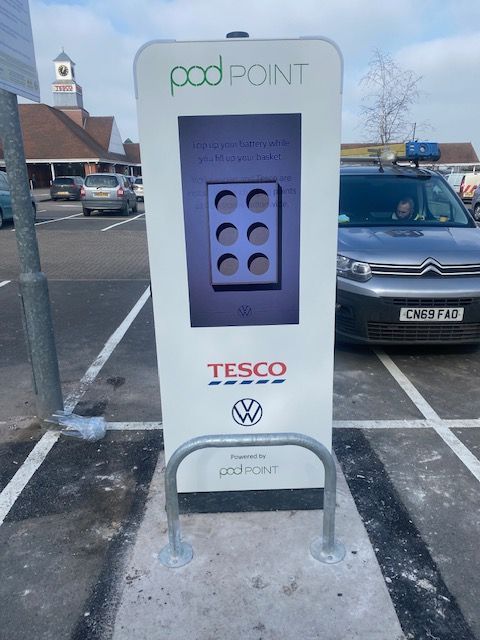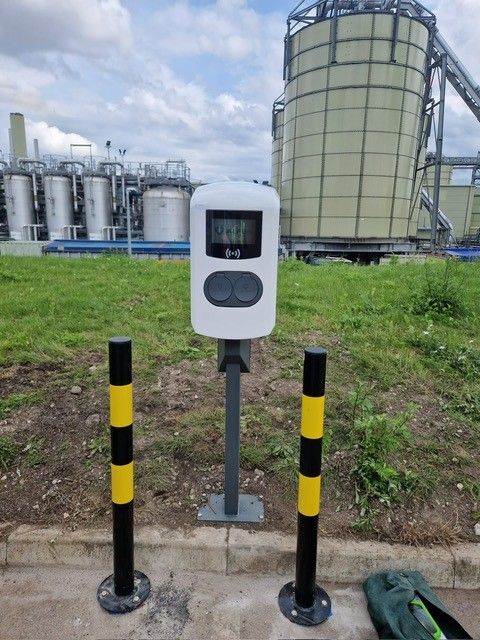EV charger installation
Its not just about Tesla's. Electric vehicles are flooding the UK roads with demand for publicly available chargers on the rise, as well as private chargers for the home.
ASK US ABOUT FULLY FUNDED EV CHARGERS FOR YOUR PREMISES
Electric vehicle chargers are appearing across the UK and its no surprise that demand is increasing from homeowners, patients, students, shoppers, visitors, employees and suppliers to have charging points at their premises.
What are EV Chargers?
Both electric vehicles and plug-in hybrid electric vehicles require an EV charger to keep the battery full, just like any chargeable device or electronic.
An EV charging unit taps into the electrical grid to charge an electric vehicle. The technical term for EV charging units is electric vehicle supply equipment (EVSE).
EV drivers can charge at a home charging unit, a public charging station, or at a workplace charging station.
How do they work?
An EV charger pulls electric current from the grid and delivers it to the electric vehicle through a connector or plug. An electric vehicle stores that electricity in a large battery pack to power its electric motor.
To recharge an EV, an EV charger’s connector is plugged into the electric car inlet (equivalent to a traditional car’s petrol tank) via a charging cable.
EV batteries can only accept direct current (DC) power.
Is it cheaper to run an electric car?
The cost of charging and running an electric car is nearly always less than an equivalent petrol or diesel car. There’s no ‘one size fits all’ cost for charging an electric car. That’s because of the difference in vehicle specifications, and differing costs between a home charge point and public charge points.
However, some basic parameters allow you to calculate your running costs and compare them to what you might be used to as a petrol or diesel driver.
If you can charge at home, or even better, using a free charging station, running an electric car will obviously be far cheaper. However, even with paid superfast 350kW charging, which can get closer to traditional fuel costs, you’ would still be seeing significant savings.
How the install works
-
1. Use our project estimator tool
Our project estimation tool allows you to provide as much information as possible in order for us to give you a provision quotation, subject to a home survey being completed. It's easy to use, fast and mobile phone friendly.
-
2. We will confirm the information provided
We will have a look at the information you provided us and will email you with a provisional quotation allowing you to consider if our EV chargers match your budget.
-
3. We arrange an onsite survey
If happy with our initial proposal, we would book an appointment with you, where one of our fully vetted engineers will visit your property to assess suitability of the technology you have chosen and ensure the project is viable for the property.
-
4. We present you with a quotation
Once we have completed a survey, we will formalise our quotation for you to consider and decide if you wish to proceed with the project using DAL Renewables.
-
5. We start the project
We start the project, providing you with expected timelines for delivery of products and installation start and finish dates. We will let you know what needs to happen in advance of the installation and will provide you with all product documentation and warranties following installation.
Ask us about fully funded EV chargers, with us creating a revenue share partnership
Latest EV charger
projects
BENTLEY AND ROLLS ROYCE MOTOR CARS
We installed multiple electric vehicle charging points, for both these automotive giants, across their staff car parks
TESCO
National rollout of electric vehicle charging points across the UK, including initial surveying work and installation
UNITED UTILITIES
Installation of electric vehicle charging points at waste water and clean water treatment sites
Why don't you connect it to solar?
It makes sense to use the sun to charge your car
Let’s talk about your project
Fill out the form, or call us to set up a meeting at
01925 450132
Thank you for contacting DAL Renewables.
We are extremely busy installing technologies across the UK, but we will aim to respond to your enquiry as soon as possible.
Best Wishes
DAL Renewables
We bring pride and passion to every project that we undertake, with a professional team of designers, project managers and tradespeople.
Services
Contact
Tannery Lane, Penketh Warrington WA5 2 United Kingdom
